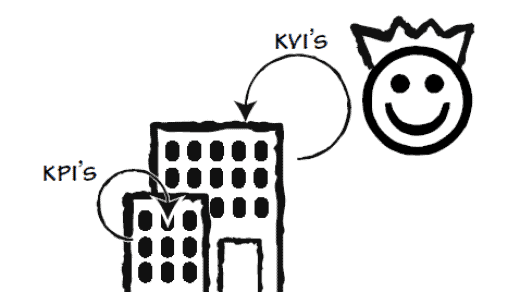Not talking about a medieval crown-and-moat situation here. Think less Arthur, more a guy who ran a kingdom of influence, assets, and very questionable life choices — then suddenly got the polite-but-very-final tap on the shoulder: Please step down.
If you’ve seen John Wick, you know how invitations from the High Table work. When the table asks, you don’t negotiate. You clear your desk. You clear a lot more than that, apparently.
Phase 1 — Pocket the Loot (But Make It Fast)
Naturally, the first move is financial Tetris. Title deeds get re-filed in the names of spouses, cousins, that guy who used to fix the photocopier — any name that sounds harmless on paper. The goal: shuffle so much wealth around in Q1 and Q2 of 2025 that auditors would need a time machine and a decoder ring to catch up.
Problem: the man is old, over 60. Throw double his remaining lifespan at luxury yachts and bespoke socks, and he still can’t spend it all. Money isn’t the real loss. The one thing he can’t buy back is the one thing that made the kingdom hum: power.
Phase 2 — Hoard the Real Estate of Influence
Money is boring. Control is delicious.
Imagine this level of clout:
- You nudge tarot readers to say certain things at certain times — sometimes openly, sometimes via gentle “suggestions” — because a well-placed fortune-telling can tilt public mood faster than a press release.
- You operate phone farms (thousands of accounts) that make a video suddenly look like everyone’s favorite. Viral? No — manufactured viral.
- You own a little black toolbox of algorithm tricks that quietly feed strangers content designed to make them angry, confused, or strangely obsessed with artisanal bread.
With those toys, you don’t just win arguments; you set the conversation up, cue the audience, and call the applause.
Phase 3 — Psychological Warfare, Deluxe Edition
Why fight votes when you can direct attention? With social feeds and fake-friendly clairvoyance in your pocket, you run passive campaigns: nudge here, misdirect there, and let the chaos bloom organically. Elections wobble, trust drops, and people start arguing about things they would have ignored yesterday.
It’s like hiring the devil to work nights while you jet across the world collecting seashells.
The Moral of the (Too-Long) Heist
Our would-be ex-king thinks he’s solved everything by stashing assets and playing puppet-master on the global attention stage. But power isn’t a bank account you can drain and take with you. Power is a habit people adapt to — and if you don’t have people bending slightly when you walk into the room, the money becomes a heavy, pointless coin collection.
Funny Ending (Because Someone Has To Laugh)
So here’s the final scene: the old king, having spent the last years arranging his fortune like a disappointing Jenga tower, dies before he can spend half of it. At his funeral, the tarot reader he once “suggested” to say flattering things finally tells the truth on accident: “He saw himself as a king, but mostly he was excellent at buying influence and terrible at retirement planning.”
Meanwhile, the phone farms keep boosting a video of him slipping on a ceremonial cloak into a fountain — a clip that, thanks to his old algorithm tricks, becomes the nation’s new favourite meme. His heirs squabble over titles and tax shelters. The algorithms keep humming. The world keeps scrolling.
And the universe, mercifully, shrugs and says: Congratulations — you milked influence like a pro. Enjoy eternal trending status.


